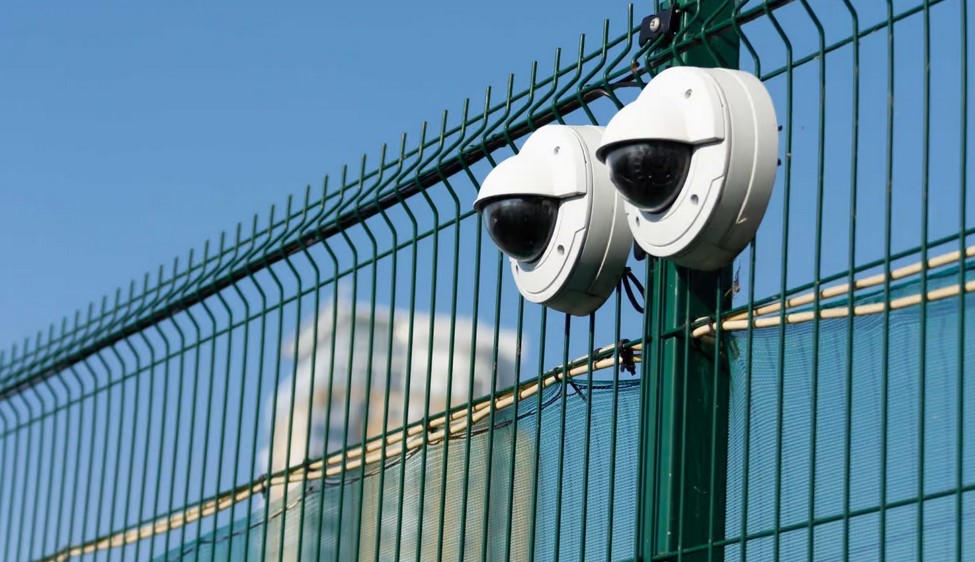But for the elites, things will be better than ever. Private jets, cars, ultra wagyu beef tenderloin (for their dogs), and large estates. Life-extension drugs will make them nearly immortal. They will vacation at 5-star hotels, a short limo trip from the Louvre, but without the crowds.
The WEF – an infinite source of technocratic malapropisms – says that you will “own nothing” and be happy (the happiness perhaps will be a drug-induced state as Yuval Hariri suggests). Many independent researchers who have looked into the WEF’s plans have reported similar findings. For example – see James Corbett, Patrick Wood, Whitney Webb 2, Tessa Lena 2, Jay Dyer, and Catherine Austin Fitts.
Aaron Kheriaty, who says much the same in his book The New Abnormal, calls the oncoming system “communist capitalism.” Jeffrey Tucker calls it “techno-primitivism.” He describes the system as:
a combination of digital technology plus a rollback into previous ages of existence to a time without fossil fuels and meat plus geographical isolation and limited choices for average people. In other words, it’s a step back to feudalism: the lords of the manor are digital titans and the rest of us are peasants toiling in the fields and eating bugs when the food runs out.
The researchers that I have cited have done a deep dive into the GI tract of the beast. While I don’t dispute the truth of their findings, my problem with much of the commentary on the Great Reset is that it takes the Grand Plan at face value. Indeed, a group of elites have a plan. They are open about some parts of it (and most likely, less open about others).
One can imagine something, plan for it, and even try to bring it into being. However, in order to succeed, the laws of reality must be observed. The laws of cause and effect apply to all things. Grand utopian visions always fail in the implementation – if they even get that far.
How It Works Or Does Not Work
The idea of a totalitarian control grid is familiar to science-fiction fans, but imaginative fiction stretches boundaries for artistic purposes. Utopia (including dystopia) is a form of science fiction. There are crucial aspects in the plan for a technocratic dystopia that, as fearful as it is, cannot be realized.
Technocracy imagines a world where elites have all the good things in life for themselves, much as the middle class in the developed world does today. Internal combustion engines, reliable wall power, air travel, consumer electronics, beef, alcohol, dentistry, stable dry and well-insulated buildings, books, and video streaming services are all readily available. At the same time, a much-reduced population of dispirited, drugged worker-slaves will own nothing. That is a vision but it is not a possible version of reality.
To be elite in this world means to be wealthy. Wealth is created through the production of goods and services. There are many forms of what could be called “second-order elites” – wealthy people who parasitize off privately created wealth. But their ability to do that depends on true wealth, which is created by production. Once you have enough goods for your own needs, additional wealth is held in the form of assets. Assets can be reduced to a few categories: land, equity, debt, commodities (below ground in the form of deposits and above ground such as inventories of metals). Without going through each asset class in detail, equities and debt derive their value from businesses, which exist only because they have customers. After they have impoverished everyone and confiscated all of our property, their assets will be worth nothing. You will be worth nothing, and you will wonder why.
 In the coming technocratic dystopia, life will be grim for most of us. For those who survive the preliminary depopulation, a technological control grid run by AI and robots will keep tabs on our every movement. You notice that your pantry cube is running a bit low on freeze-dried bug burgers, fake meat, and cockroach milk.
In the coming technocratic dystopia, life will be grim for most of us. For those who survive the preliminary depopulation, a technological control grid run by AI and robots will keep tabs on our every movement. You notice that your pantry cube is running a bit low on freeze-dried bug burgers, fake meat, and cockroach milk.


